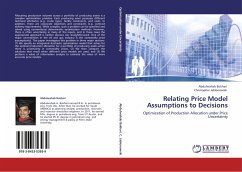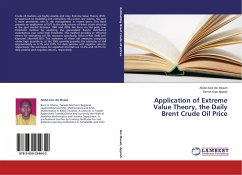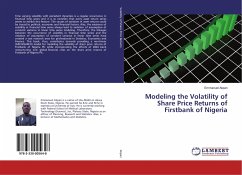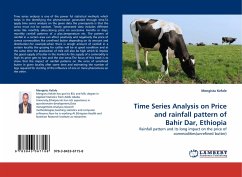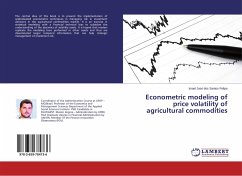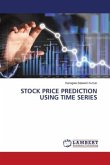Allocating production volumes across a portfolio of producing assets is a complex optimization problem. Each producing asset possesses different technical attributes (e.g. crude type), facility constraints, and costs. In addition, there are corporate objectives and constraints (e.g. contract delivery requirements). While complex, such a problem can be specified and solved using conventional deterministic optimization methods. However, there is often uncertainty in many of the inputs, and in these cases the appropriate approach is neither obvious nor straightforward. One of the major uncertainties in the oil and gas industry is the commodity price assumption(s). This paper investigates this problem in three major sections: (1) We specify an integrated stochastic optimization model that solves for the optimal production allocation for a portfolio of producing assets when there is uncertainty in commodity prices, (2) We then compare the solutions that result when different price models are used, and (3) We perform a value of information analysis to estimate the value of more accurate price models.
Bitte wählen Sie Ihr Anliegen aus.
Rechnungen
Retourenschein anfordern
Bestellstatus
Storno

